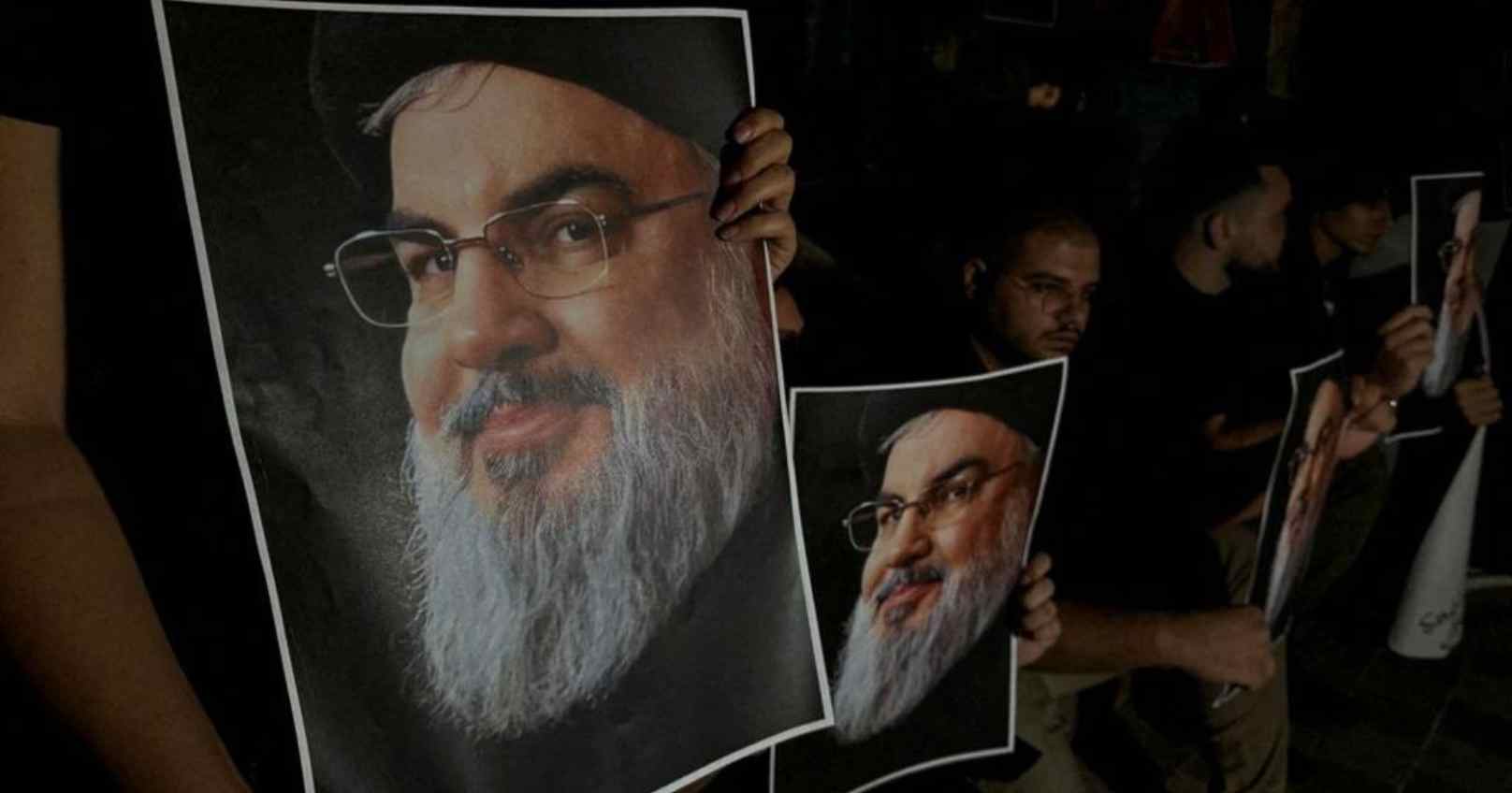Amid rising tensions between Israel and Hezbollah following the death of Hezbollah leader Hassan Nasrallah, Iran has called for an emergency meeting of the UN Security Council, vowing to retaliate against Israel.
Shortly after Nasrallah’s killing, a projectile was launched from Lebanon, landing in the Israel-occupied West Bank on Saturday and sparking a fire. Fortunately, no injuries were reported. Air raid sirens also sounded in areas near Jerusalem and the West Bank, which Israeli defense forces attributed to "a launch from Lebanon towards Israeli territory."
In his first public statement on the matter, Israeli Prime Minister Benjamin Netanyahu described Nasrallah’s death as "a historic turning point."
The situation has escalated further, with Israeli airstrikes in Lebanon killing 33 people and injuring 195 on Saturday alone, according to Lebanon's health ministry. Over the past two weeks, more than 1,000 people have been killed, 6,000 injured, and roughly one million displaced as Israeli strikes continue.
Protests erupted in Tehran and across Iran, with demonstrators condemning Nasrallah’s killing and calling for revenge against Israel. Protesters carried images of Nasrallah, chanting slogans such as "Revenge," "Down with Israel," and "Down with the US."
Meanwhile, celebrations broke out in Syria, where Hezbollah is widely seen as an enemy due to its support for President Bashar al-Assad in suppressing the Syrian revolution. Hezbollah’s involvement in the civil war, where it reportedly sent 50,000 fighters, has contributed to the deaths of thousands of Syrians.
On Sunday, sirens sounded in Eilat, Israel, as tensions continued to rise. This follows sirens triggered on the outskirts of Jerusalem and the West Bank due to the projectile launched from Lebanon.
The Israel Defense Forces (IDF) confirmed the killing of another top Hezbollah figure, Hassan Khalil Yassin, in an airstrike on the Dahiyeh suburb of Beirut. Yassin led a unit within Hezbollah’s intelligence division that identified Israeli military and civilian targets.
In response to Nasrallah’s death, Iran's Supreme Leader Ayatollah Ali Khamenei was reportedly moved to a secure location. Khamenei condemned Israel, stating that the "rabid Zionist regime" had exposed its true nature and failed to learn from its previous military actions in Gaza.
Lebanon has declared three days of mourning in the wake of Nasrallah's killing.
Reacting to the death, Netanyahu declared that Israel had "settled the account" with a "mass murderer" responsible for the deaths of "countless Israelis" and several American and French citizens. He described Nasrallah’s elimination as a "historic turning point."
US President Joe Biden called the killing a "measure of justice" for Nasrallah’s numerous victims, including Americans, Israelis, and Lebanese civilians. However, he urged for an immediate ceasefire in Lebanon, expressing concern over a potential Israeli ground invasion.
British Foreign Secretary David Lammy echoed Biden’s sentiment, stating that he had spoken with Lebanon’s Prime Minister Najib Mikati and agreed on the urgent need for a ceasefire to end the ongoing bloodshed.







